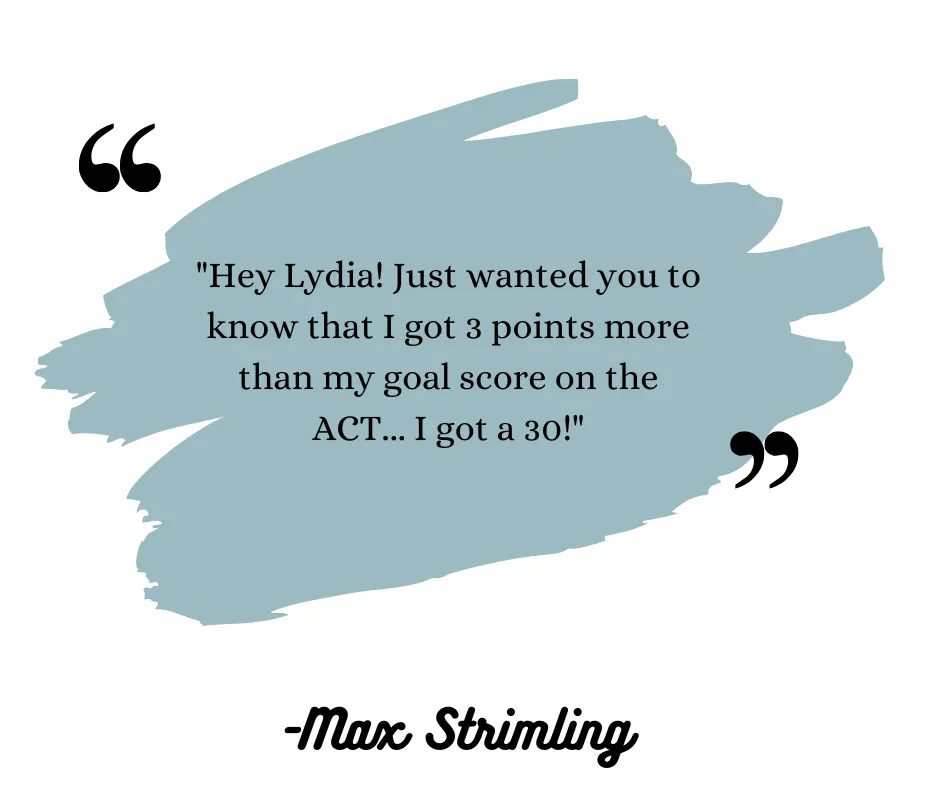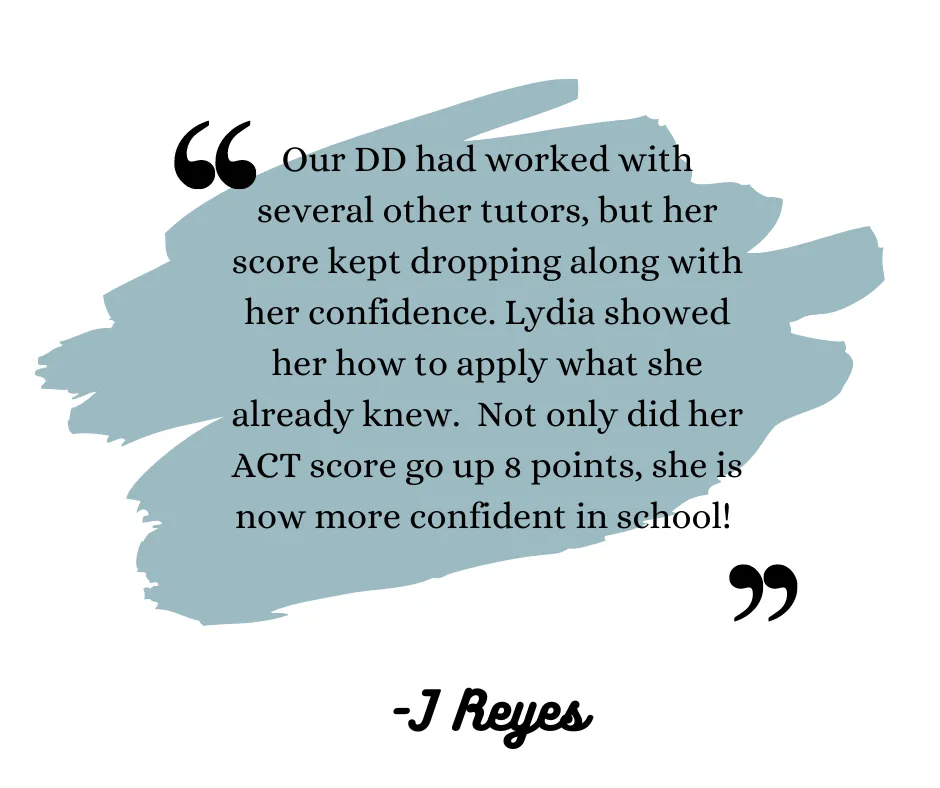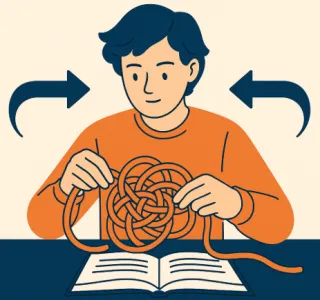How the Cognitive Agency Approach preps you to earn the score you DESERVE!
The Cognitive Agency Approach
Turn academics from a set of rules into a box of tools!



Reasonable Pricing
$1200 gets your student access to all our resources and classes for the whole school year and beyond!
We work with your student until they are happy with their score, no additional payments are ever required!
Flexible Scheduling
7 class times per week, pick one, two, or all seven to attend!
Tuesdays: 9pm CST
Wednesdays: 6pm CST
Thursdays: 4pm & 7pm CST
Saturdays: 9am CST
Sundays: 9am & 7pm CST
Targeted Tracking/Review
We use a data-driven tracking system that helps us understand what each student needs.
We don't waste time reviewing academic concepts that a student already knows
We identify specific concepts a student may need to review, and focus on that.
What's up with Standardized Tests?
There's a reason great students don't always do well on the SAT/ACT.
Cognitive Agency Success Stories!






Study Resources
Good Student, Bad Test Taker?
New Blog Post Description ...more
SAT Guides ,Tutoring and Education
September 18, 2025•6 min read

Master the SAT Reading!
The Inside-Out Method for SAT Reading Comprehension ...more
SAT Guides
September 13, 2025•12 min read

Info for the Illinois class of 2026
Information and resources for juniors taking the ACT in 2025! ...more
Tutoring and Education
February 18, 2025•6 min read
Legal Disclaimer
At the end of the day, the student must earn the score themselves.
While other programs offer a money back guarantee, more often than not they make qualifying for this guarantee de-facto impossible. We guarantee what we can control, which is continued support until the student is satisfied with their score, so long as they meet certain requirements found in our contract (like working through the program and treating other students with respects, for instance).
We don’t believe in instant or guaranteed result programs. We believe in Cognitive Agency, the ability for a student to apply their education to solve problems. Nothing on this page should be considered an exact or promised result. Any results showcased here (or on any of other our sites or promotional material) are either past results or simple projections.
If you have any questions, please contact [email protected]



